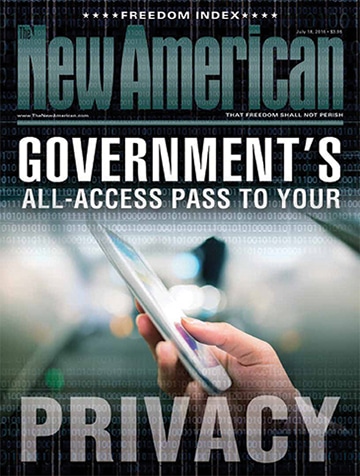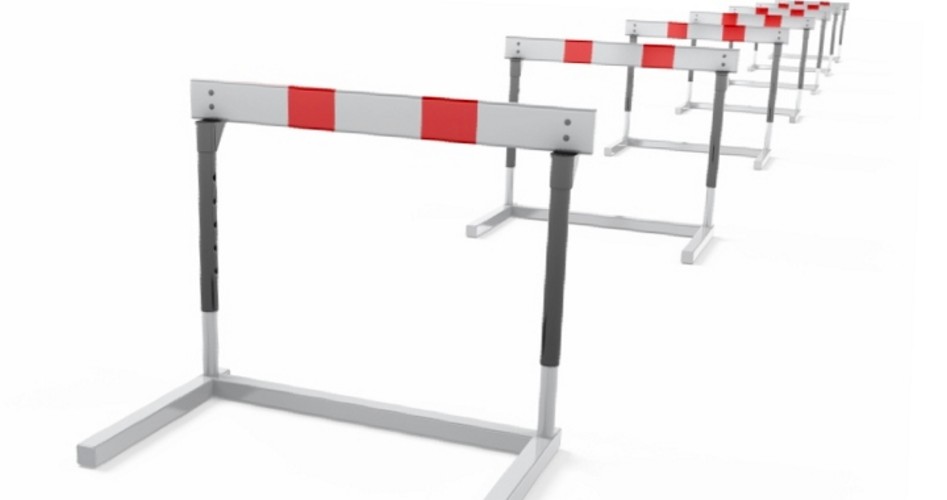Is Gridlock Really a Bad Thing?
Gridlock, we are informed regularly by media and political leaders alike, is the worst of all government deficiencies. When politicians fail to achieve consensus, bills get tabled, legislation gets voted down by entrenched opposing interests, and ink flows from the presidential veto pen, frustrating the progress of good government. That, at least, is the version of events popularized by the political class and their court apologists. What is needed, we are told, is an end to gridlock and a new era of bipartisan cooperation in passing reams of backlogged legislation for a nation in sore need of efficient, responsive leadership.
“Gridlock,” of course, is a modern term, a political metaphor suggestive of the traffic jams that clog the Beltway every morning and evening. Gridlock around all our major cities is certainly a great impediment to productivity. It costs businesses untold millions in lost time to have employees stranded in hours-long commutes. In government, too, metaphoric gridlock has become a watchword for inefficiency. But at the time of the Founding, gridlock was known by another term: checks and balances.
Government is a very different type of enterprise from business. Its purpose is to exercise power — not to make money, produce consumer goods, or even meet the satisfaction of a customer base. Left to its own devices, government seeks to expand, consolidate, and monopolize power. It produces laws that are enforced by magistrates, and can only respond to a crisis or problem in one way: by passing more laws and regulations. And every new law or regulation amounts to an increase, however incremental, of government power.
JBS Member or ShopJBS.org Customer?
Sign in with your ShopJBS.org account username and password or use that login to subscribe.

 Subscribe Now
Subscribe Now
- 24 Issues Per Year
- Digital Edition Access
- Exclusive Subscriber Content
- Audio provided for all articles
- Unlimited access to past issues
- Cancel anytime.
- Renews automatically

 Subscribe Now
Subscribe Now
- 24 Issues Per Year
- Print edition delivery (USA)
*Available Outside USA - Digital Edition Access
- Exclusive Subscriber Content
- Audio provided for all articles
- Unlimited access to past issues
- Cancel anytime.
- Renews automatically


